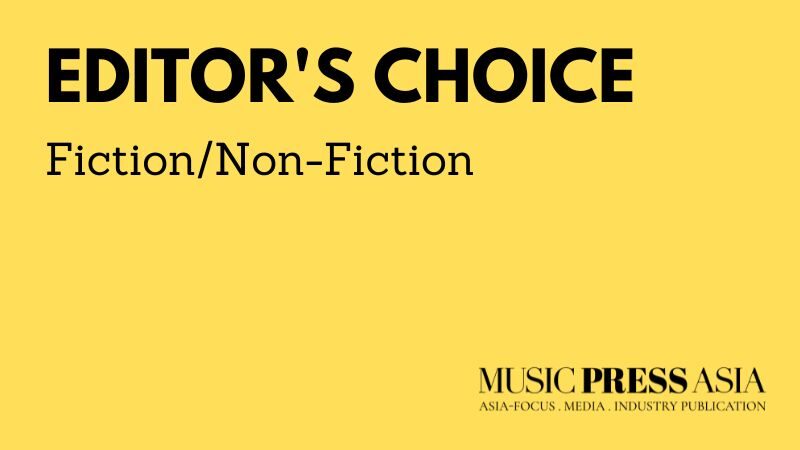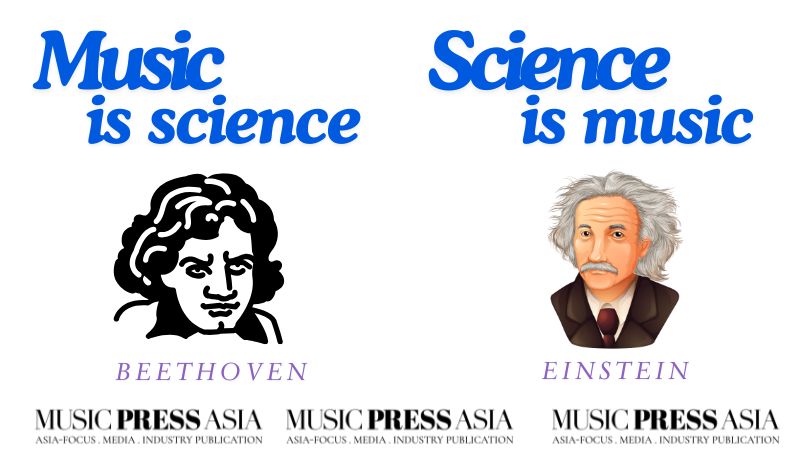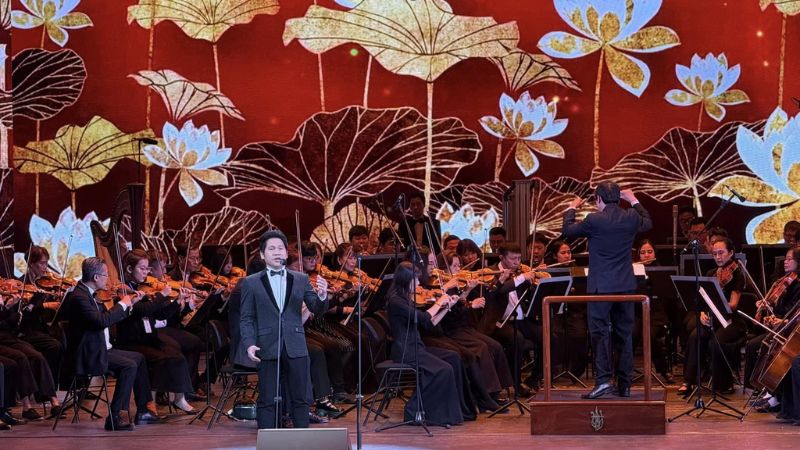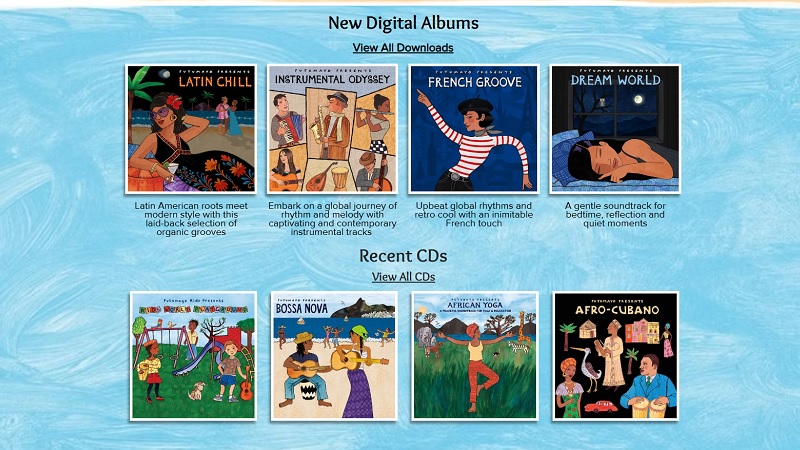Book of the Month: Einstein’s Violin by Joseph Eger
SUNDAY FEATURE//////”Music does not lie.” — Joseph Eger. Book of choice for this season has everything to do with our love of science and music. In the hope of finding more connection between music and physics, Monica Tong the editor-in-chief of Music Press Asia reads Joseph Eger’s Einstein Violin to find out more about the universe, its relativity and how it entertwines with music.
SUNDAY FEATURE//////”Music does not lie.” — Joseph Eger. Book of choice for this season has everything to do with our love of science and music. In the hope of finding more connection between music and physics, Monica Tong the editor-in-chief of Music Press Asia reads Joseph Eger’s Einstein Violin to find out more about the universe, its relativity and how it entertwines with music.

Every once in a while, a book comes along that captures the imagination, stirs the heart, and leaves a lasting impression. This month, we’re thrilled to spotlight a title that does just that—a must-read that will transport you, challenge your perspectives, and stay with you long after you turn the last page.
To spark your curiosity, we’ve selected some of our favorite quotes from the book—powerful lines that encapsulate its essence without giving too much away. Rest assured, we won’t reveal anything further, preserving the suspense and ensuring you experience every twist and turn for yourself.
Whether you’re seeking adventure, wisdom, or simply a beautifully crafted narrative, this book promises to be an unforgettable journey. Get ready to dive in!

Note that all quotes are written by Joseph Eger, the author of the book.
The Amalgam of Music & Physics
“For me, music, physics, and social concerts are intertwined tightly together like a Navajo rug.”
“….One scientist after another used music as simile: A superstring is “like a violin string” vibrating in varied patterns, the tiniest strings as the smallest particles in the universe and the largest explaining the cosmos itself.”
“Music goes far beyond the notes on a page or sounds on a horn, and, as can be described by twentieth-century physics, music is all-pervasive, saturating everything and everybody, from the tiniest particle to the entire universe.”

“The symphony orchestra gave me an apt metaphor, indeed an inimitable model, for society and possibly for the entire universe. Only partly whimsical was my metaphor for the universe as a cosmic orchestra; it has strings (string theory), brass (gravity and “dark matter” [or windy speeches!]), a composer/conductor (Nature or God), and percussion (which may be looked on as the rhythm in all life-forms or, if you prefer, the drumbeats of joy and tragedy). As in any orchestra, the resulting music interweaves among categories to fashion, in a word, music.”
What it’s like to be a musician?
“Still, parents push their children to keep entering the field, and young people cannot resist the siren song of music’s wonders. Why shouldn’t they? All the peoples in the world venerate music of one kind or another. Music is irresistible.”

“The definition of a musician grows more abstruse.”
“In 1975 Miles Davis declared jazz to be “the music of the museum.”
“The classifications of music and musician are no longer clear-cut, as composers and performers everywhere cross over into their neighbor’s territory.”
Pythagoras and Music
In the 6th century BCE, Pythagoras discovered that sound is subject to mathematical laws and proportions and suggested that other aspects of the world may be regulated by the same numbers: the seasons, the tides, and, yes, even the balance and discords of the human spirit. Music, which had acted as the binding force of society, was now seen to link all phenomena.
Other book recommendations at Music Press Asia:

In fact, there is some relationship between the Platonic postulate that music was the foundation and regulator of the universe and durable speculation about the “music of the spheres” in the universe (as popularized by the film 2001: A Space Odyssey).
By “music of the spheres,” we mean the sounds of all heavenly bodies, as they move through the abyss of space, interacting with one another through gravity and other forces.
Can Music Cure Illnesses?
“When Philip V of Spain became ill and suffered from a very deep depression and was unable to carry on his affairs of state, his wife called the great castrato Carlo Broschi Farinelli to sing for him. The king immediately became well. He resumed his affairs of state and kept Farinelli in his court to sing for him every day of his life. George II of England also felt a profound sadness that could only be cured by music.”

“When government and society fell into disarray in ancient China, they tried to reform the degenerate music. Does such “reform” sound familiar?”
Music has many faces
“Naturally, there are many interbreeds; rap may be considered one of these. But here again the commercial world gobbles it up as soon as profit possibilities loom. The result is a quick change from a people’s manifestation into a commodity. Music has many faces.“
The physics of Beethoven’s music
“Beethoven opens the curtain quietly, with the very simplest of materials, open fifths. Even before I begin conducting this work, my mind travels to a pre-universe in the ultimate quiet just before the dawn of time and space. The energy gradually builds (Beethoven keeps adding dynamics and instruments) until, suddenly, a thunderous burst of fifths and octaves crash through the emptiness. The universe is born! Though the Symphony no. 9 is in D minor, Beethoven opens with A minor, the fifth of D minor. The only more basic interval in music (and perhaps in the universe, according to Pythagoras and the harmonic series) is the octave.”

“Beethoven covers practically every facet of what it is to be human. Listeners to Beethven’s music are somehow made to feel more human. Most of us confine our lives or are confined by circumstances to a narrow spectrum of human experience, but Beethoven expands us. We can breathe more deeply.”
Einstein’s Waves & Music
“Waves are the fabric of music. Without wave theory, where would science be? Science is dependent on wave theory and, ny the same token, music is dependent upon and explained by science.”
Science & Music Education
“Prophetically and emphatically, [Einstein] points out that “over-emphasis on the competitive system and the premature specialization on the ground of immediate usefulness kills the spirit on which all cultural life depends, specialized knowledge included. It is vital to a valuable education that critical thinking be developed in the young human being.”
Editor’s Note:
We hope that you are thoroughly inspired by the quotes written by Joseph Eger. As this season draws to a close, we reflect on the unforgettable journeys found within the pages of our recommended books. Each one has offered a unique perspective, stirred emotions, and sparked inspiration, making them more than just stories—they’ve become experiences we carry with us.
Stay tuned as we turn the page to a fresh selection next season, ready to introduce you to more captivating tales. Until then, happy reading!
Do you have a book you’d like us to read? Send us a recommendation via editorial@musicpressasia.com.











